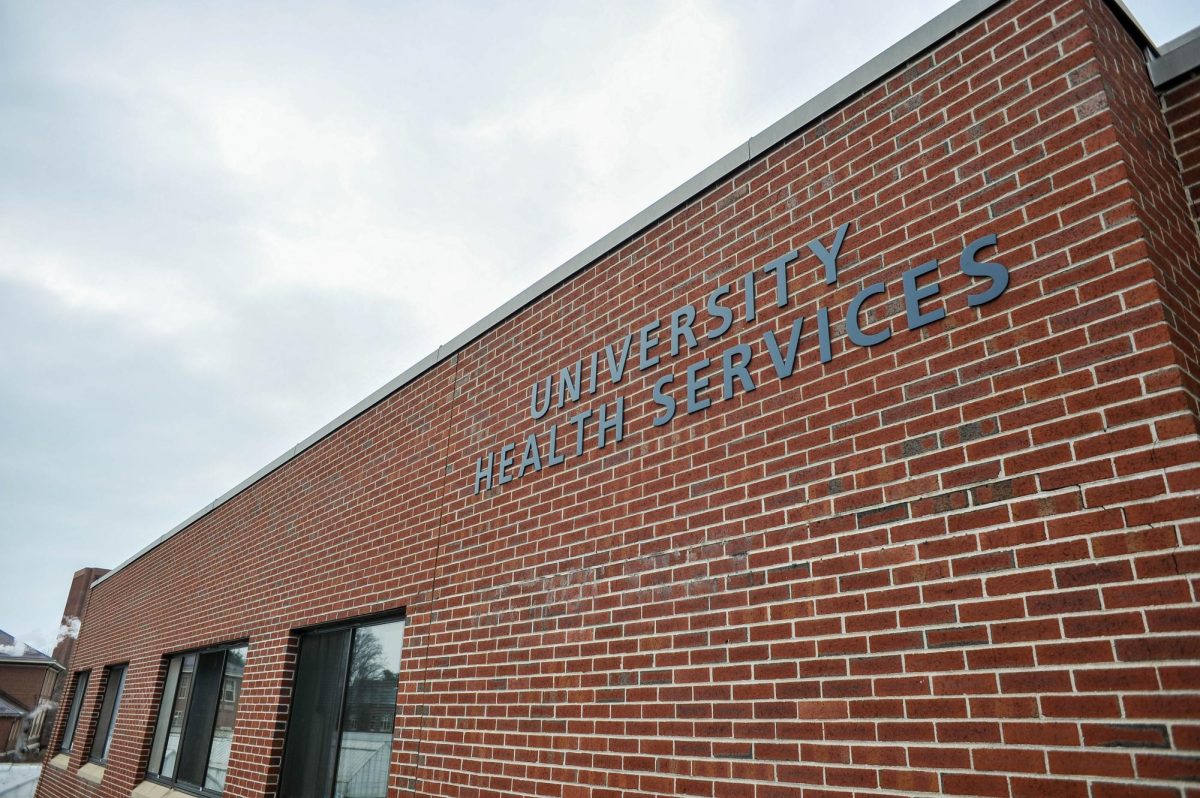
This semester alone, my textbooks cost me $280.94. If I were to extrapolate based on this semester’s costs, it would cost me $2,247.52 just to buy textbooks for my undergraduate college career. And I’m not even a science major – new editions of science textbooks come out every few years. My roommate, who is a science major, has one textbook that cost $185.81, which is apparently a bargain compared to the list price of $230.40.
What is even more frightening is what my textbooks might have cost. My textbooks for this semester could have cost me $478.83 if my professors had required that we buy the newest editions and if I had bought them in the most convenient way possible. If I had picky professors and refused to shop around, my textbooks for my undergraduate career would have put me $3,830.64 in the hole.
If a student works full time for 15 weeks of the summer at the Massachusetts $8 minimum wage, he or she would earn only $4,800. That is nearly 80 percent of one summer’s work gone just on textbooks. Forget the adventure of traveling abroad and the thought of an experience-gaining but unpaid internship or volunteer work in the community. All of these fulfilling life experiences must be sacrificed in the face of rising textbook prices.
The rising cost of textbooks is only part of a larger problem: The exorbitant cost of higher education. I turned down a university that I had loved because it would have cost double the amount an in-state student pays at the University of Massachusetts. While I am a proud UMass student, it is hard to deny that part of the University’s appeal was its lower cost. I have a sibling who must also be able to afford college and parents who must eventually be able to retire. For me, protesting the cost of textbooks is a small way that I can change a system that is hurting the dreams and purses of millions of students around the country. I would like to suggest a solution.
Open-source textbooks, written by professors who do not claim any copyright to the material, are a growing trend that can cut the cost of textbooks by up to 80 percent. This would have reduced the total amount I spent on textbooks this semester to $56.19. Since there is no copyright, other professors can alter the material to their needs and it can be distributed as widely as necessary. If you choose to read these textbooks online, they are free.
For a student, that could mean the difference between working at a fast food restaurant full-time all summer and having the choice to do an unpaid internship that would give them practical knowledge of the field they are studying. If more professors used open textbooks, it could do more than save us money: It could allow us to earn experience and give us the chance to explore the world. It is my hope that more students, faculty and administrators will begin to view open textbooks as a viable alternative to back-breaking textbooks, and that students will be allowed to fulfill their dreams.
Stephanie Chan


















Rob • Mar 28, 2014 at 12:10 pm
The schools and the professors make a fortune off of text books. It’s a total racket, and it’s not going to change. If a private business tried something like this, they’d be charged with some sort of unfair business practice. I remember selling books back for 10% of the original cost, then they’d turn around and sell it used for 90% of the cost. Your solution is great, and simple. Think about it, how much does math or physics change year after year? But you’d be taking money out of people’s pockets. Colleges aren’t out to save people money. Quite the opposite.